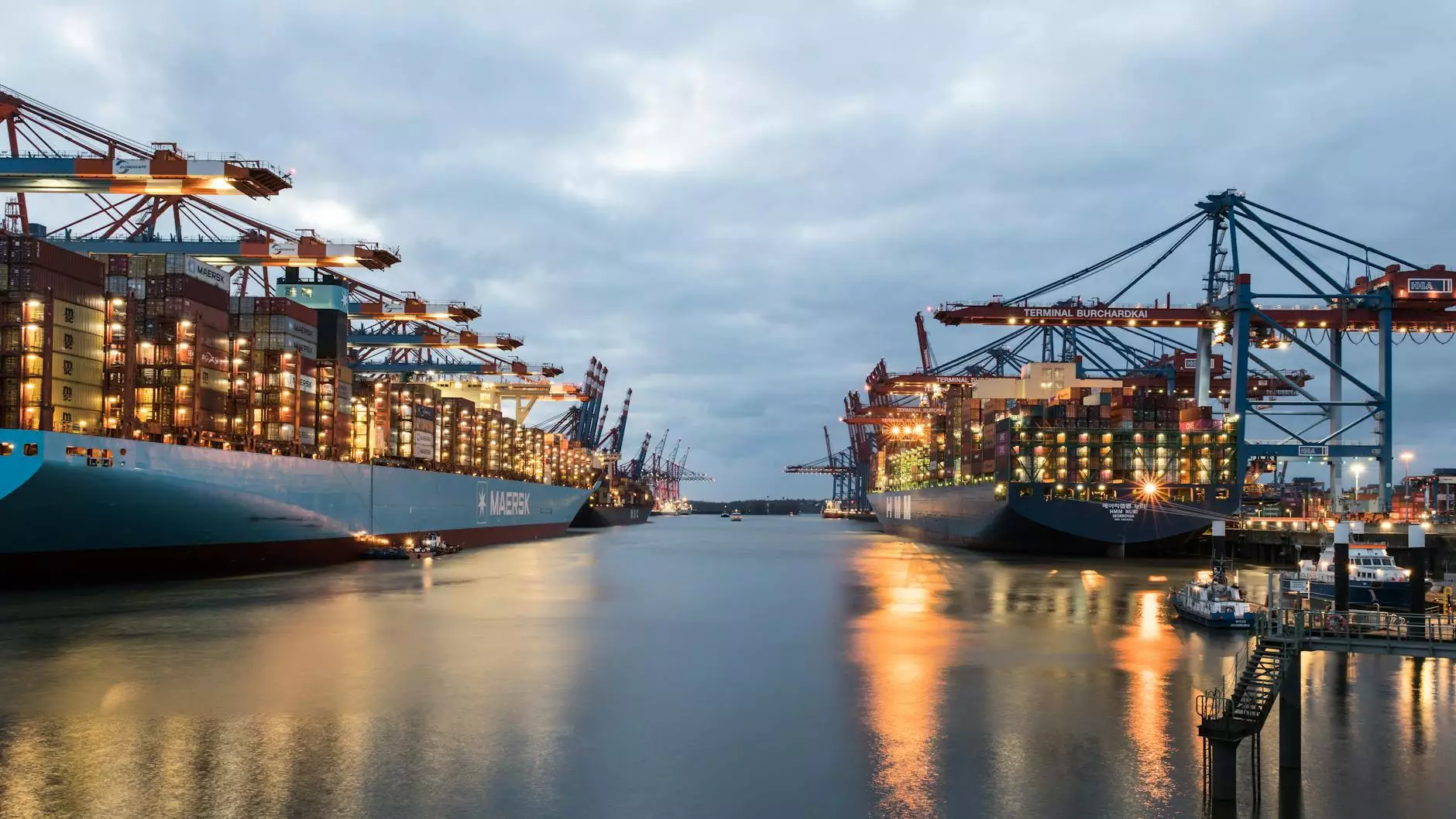Understanding Air Shipping Quotes: A Comprehensive Guide

In today’s fast-paced global market, air shipping has emerged as one of the most efficient and reliable modes of transportation for goods. With the increasing demand for quick delivery, businesses are keen to understand how to obtain accurate and competitive air shipping quotes. In this article, we will delve into the intricacies of air shipping, explore the factors that influence shipping costs, and provide tips on how to get the best quotes in the industry.
What is Air Shipping?
Air shipping refers to the transportation of goods via aircraft. This method is ideal for businesses needing to transport products quickly across long distances. The speed of air freight makes it a preferred choice over sea shipping, particularly for perishable items, high-value goods, and time-sensitive shipments.
Benefits of Air Shipping
Investing in air shipping comes with numerous advantages:
- Speed: Air freight is the fastest method of shipping. This is critical for businesses that need to meet tight deadlines.
- Reliability: Airlines operate on fixed schedules, which minimizes the chances of delays.
- Global Reach: With a vast network of airports worldwide, you can reach international markets without much hassle.
- Security: Air transport is typically more secure, with lower instances of theft and damage.
- Tracking: Many air freight carriers provide real-time tracking options, allowing businesses to monitor their shipments.
Factors Influencing Air Shipping Quotes
When querying for air shipping quotes, several factors will influence the overall cost:
1. Weight and Dimensions
The weight and dimensions of your shipment are the most significant factors affecting air freight costs. Freight carriers charge based on either the actual weight or the volumetric weight, whichever is greater. To compute the volumetric weight, use the formula:
Volumetric Weight (kg) = (Length x Width x Height) / 5000
2. Distance and Destination
The distance your goods need to travel significantly affects shipping costs. Additionally, certain destinations may have higher fees due to less frequent service or additional handling requirements.
3. Type of Goods
The nature of the goods also plays a crucial role. Hazardous materials have special handling requirements, which can increase costs. Conversely, standard goods have a more straightforward pricing structure.
4. Shipping Speed
Different shipping speeds are available, with express services costing more. Depending on your urgency, you can choose between standard, expedited, or express air shipping.
5. Seasonal Demand
During peak seasons, such as holidays, shipping rates may increase due to higher demand for air freight services. Plan accordingly to avoid inflated costs.
How to Obtain Competitive Air Shipping Quotes
Securing the best air shipping quotes is crucial for companies looking to optimize their shipping costs without compromising on reliability. Here’s how you can achieve this:
1. Use Multiple Freight Forwarders
Don’t rely on a single freight forwarder. Reach out to multiple companies for quotes to compare prices and services offered.
2. Provide Accurate Information
Ensure that you provide precise details about your shipment, including dimensions, weight, and any special handling instructions. Accurate info leads to more precise quotes.
3. Consider Consolidation Services
If you have smaller shipments, consider using consolidation services. This method combines multiple shipments into one, reducing costs significantly.
4. Negotiate Terms
Be bold in discussing pricing and service terms with freight forwarders. Many are open to negotiation, especially for long-term contracts or bulk shipments.
5. Leverage Technology
Utilize online platforms and software that compare air shipping quotes from various carriers. These tools make the process efficient and can help find the best deal.
Choosing the Right Air Shipping Partner
Selecting the appropriate air shipping partner is as crucial as obtaining competitive quotes. Here are the key factors to consider:
1. Reputation and Experience
Research the freight forwarder’s reputation in the market. Look for reviews and testimonials from previous clients. Experience in your industry can be a significant advantage.
2. Service Level Agreement (SLA)
Review the terms and conditions of the SLA. Understand their commitments regarding delivery times, tracking, and handling of your goods.
3. Customer Service
Effective communication is vital when working with a freight forwarder. Ensure they have a responsive customer service team ready to assist you with any inquiries or issues.
4. Insurance Options
Accidents can happen, so consider logistics companies that offer cargo insurance. This option ensures that your goods are protected from loss or damage during transit.
Shipping Centers and Transportation Hubs
Understanding the various shipping centers and transport hubs is important when planning your logistics. Major airports often serve as key transit points for air freight.
Major Shipping Centers
Here is a list of some of the most significant air shipping centers around the world:
- Hartsfield-Jackson Atlanta International Airport (ATL) - A major hub for both domestic and international air travel.
- Chicago O'Hare International Airport (ORD) - Known for its extensive network of cargo flights.
- Los Angeles International Airport (LAX) - A vital gateway for Asia-Pacific air cargo.
- Heathrow Airport (LHR) - One of the busiest airports in Europe for cargo transport.
- Hong Kong International Airport (HKG) - Renowned for its air freight services in the Asia-Pacific region.
Connecting with freight forwarders familiar with these hubs can enhance your shipping experience and possibly provide cost-effective solutions.
The Future of Air Shipping
As technology continues to evolve, the air shipping industry is expected to undergo significant transformations. Key trends that may shape the future include:
1. Automation and AI
Automation in warehouse operations, coupled with AI technologies, can improve efficiency in sorting, handling, and routing air freight. These advancements could lead to reduced costs and faster deliveries.
2. Sustainability Initiatives
As environmental concerns become more pressing, air freight companies are exploring sustainable practices, such as using fuel-efficient aircraft and exploring alternative fuels.
3. Enhanced Tracking Capabilities
With the rise of IoT (Internet of Things), expect more sophisticated tracking solutions that provide real-time updates and data analytics for better decision-making.
Conclusion
Understanding the nuances of air shipping quotes is essential for any business engaged in global trade. By assessing factors that influence costs, obtaining multiple quotes, and selecting the right shipping partner, companies can streamline their logistics operations while ensuring timely and safe delivery of goods. As we move towards an increasingly interconnected world, the importance of efficient air shipping cannot be overstated. Companies that adapt to these trends and practices will undoubtedly gain a competitive edge in the marketplace.
Call to Action
If you're ready to find the best air shipping quotes today, don't hesitate to reach out to CargoBooking. Our team of experts is here to assist you every step of the way, ensuring your goods are shipped efficiently and cost-effectively.



